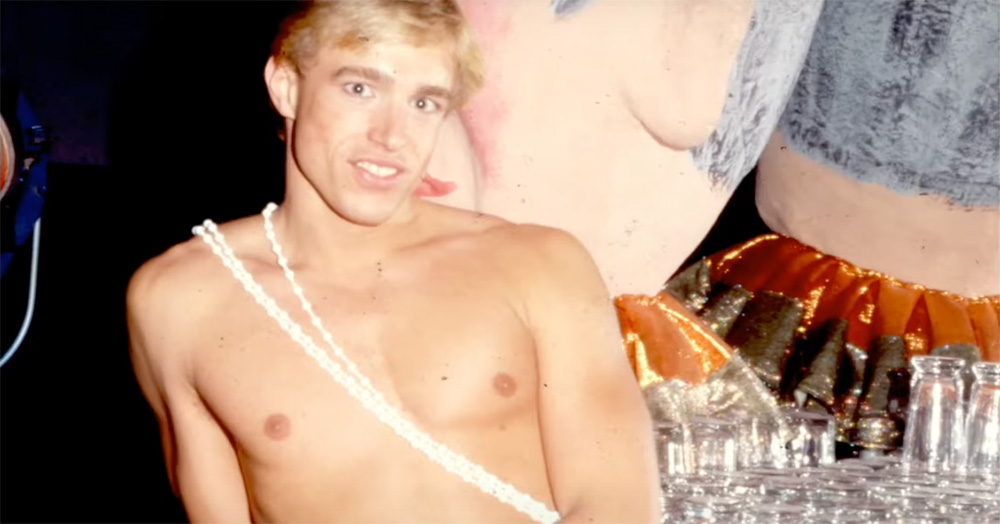The opening of Studio One in West Hollywood in 1974 marked a pivotal moment in LGBTQ+ history, quickly becoming a cultural cornerstone where the community could express itself freely. Known for its legendary drag shows and star-studded performances, the club was a launchpad for queer talent, with icons like RuPaul getting their start there.
As RuPaul reflects in the Studio One Forever documentary: “Studio One was where I learned to be unapologetically myself. It gave me the space to become the person I am today.”
The building was originally owned by William Fox and used to house the Mitchel Camera Company. During World War II, it was the Norden bombsight facility, before being bought and transformed into The Factory nightclub in 1968. It served as a popular ’60s-style discotheque, frequented by celebrities, but only managed to last a few years.
Studio One opened at 652 LaPeer Drive in 1974, serving the community seven days a week from 9pm to 2am. Complete with erotic dancers, cabaret, theme parties, dining and theatre, the venue once again attracted an array of famous faces. Stars like Cher, Bette Midler, Liza Minnelli, and Elton John regularly attended, helping elevate Studio One’s status as a glamorous and essential part of queer culture. Cher recalls: “Studio One was more than just a club; it was a sanctuary for people to be their true selves.”
Throughout its history, the club was associated with the gay rights movement. Studio One was crucial during the AIDS crisis of the 1980s, hosting fundraising events and community gatherings. As David Geffen shares in the documentary: “Studio One was a place where people could unite to help fight for visibility, rights, and healthcare.” The club provided a sense of solidarity in a time of uncertainty.
After it closed in 1993, the space had many new owners and names, but was eventually demolished in the 2010s. Despite this, Studio One’s spirit lives on. Tom Hooper, a longtime patron, says: “Studio One wasn’t just a place to dance—it was a place to belong. It gave so many of us a sense of family.” Its legacy endures in the ongoing fight for LGBTQ+ rights and visibility, continuing to inspire new spaces and movements.
As Elton John states in Studio One Forever: “Studio One helped pave the way for the LGBTQ+ community to stand tall and say, ‘We’re here. We’re not going anywhere.'”
Check out the trailer for the documentary below, and if you’d like to learn the history of another queer nightclub, why not check out our article about The Dragon.
© 2024 GCN (Gay Community News). All rights reserved.
Support GCN
GCN is a free, vital resource for Ireland’s LGBTQ+ community since 1988.
GCN is a trading name of National LGBT Federation CLG, a registered charity - Charity Number: 20034580.
GCN relies on the generous support of the community and allies to sustain the crucial work that we do. Producing GCN is costly, and, in an industry which has been hugely impacted by rising costs, we need your support to help sustain and grow this vital resource.
Supporting GCN for as little as €1.99 per month will help us continue our work as Ireland’s free, independent LGBTQ+ media.
